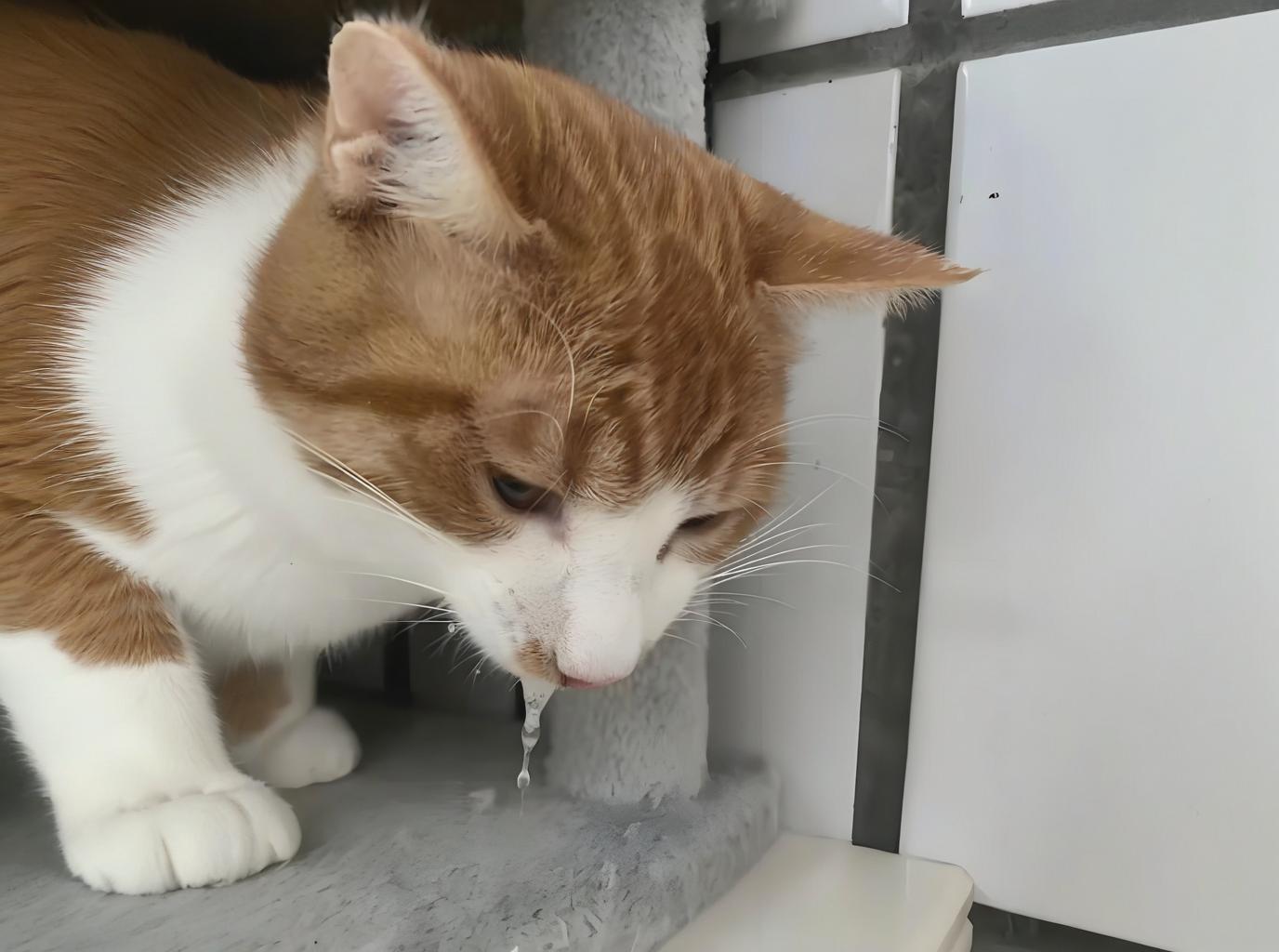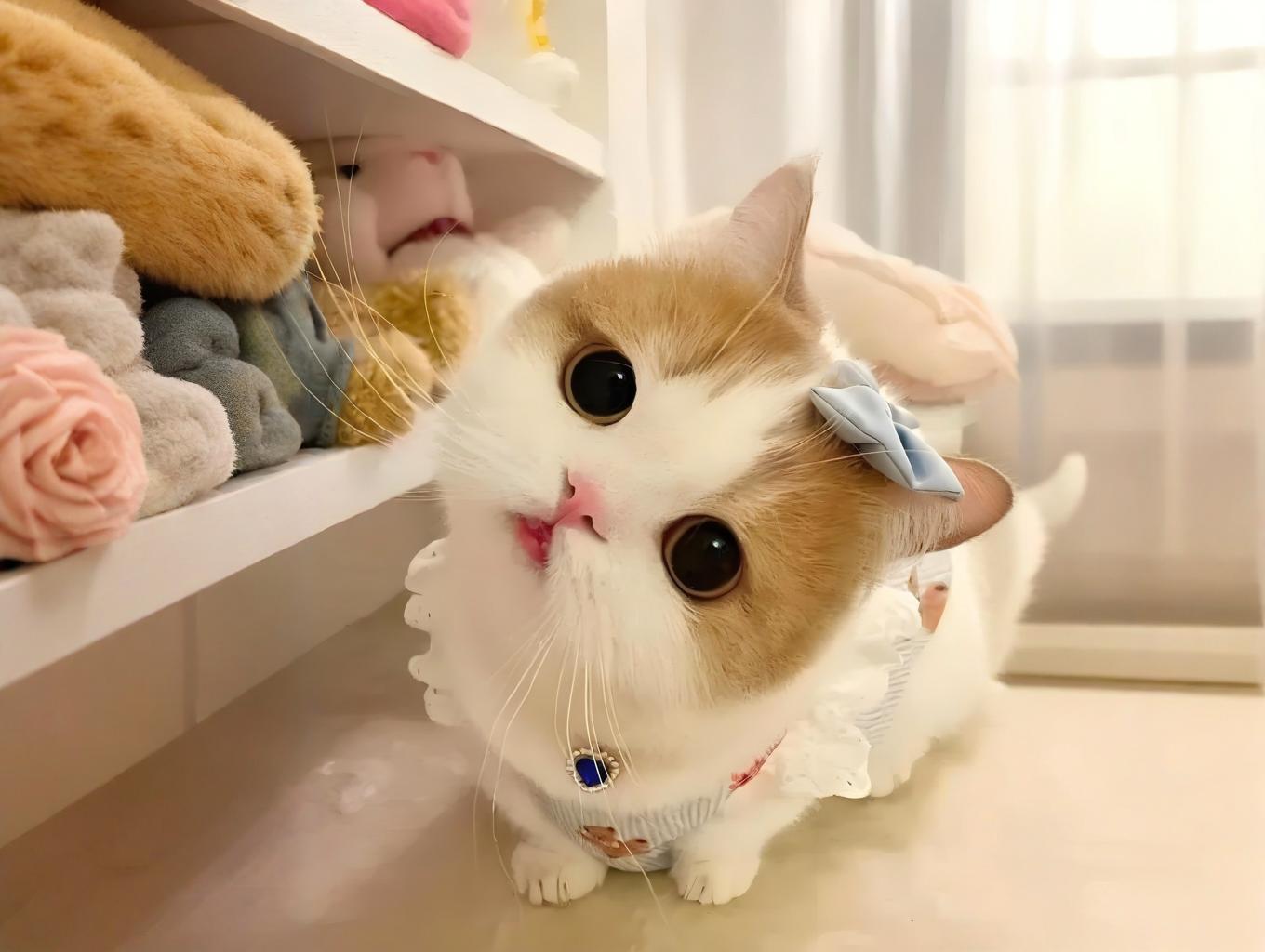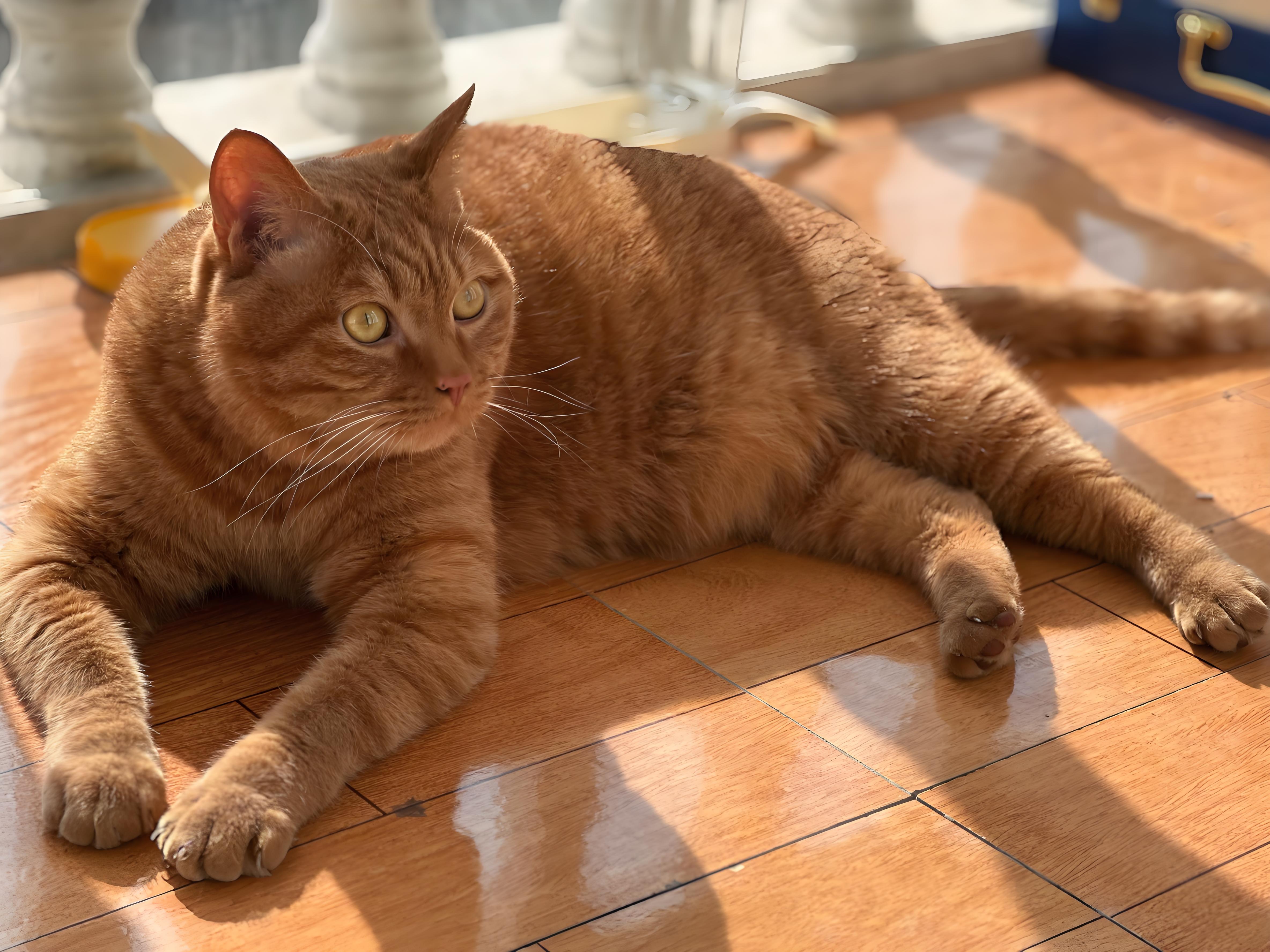Why do cats vomit cat hair? How to effectively prevent and deal with it?

1. Cat licking behavior and hairballs
Cats' daily cleaning habits include frequent self-licking to keep their fur clean. However, during the shedding period, cats will swallow more of their own hair, which accumulates in the gastrointestinal tract to form hairballs.
If not discharged in time, it may cause digestive discomfort and even vomiting.

2. Symptoms and effects of hairballs
When cats have hairballs in their vomit, loss of appetite but good mental state, it may be a manifestation of hairballs. In addition, defecation is normal, but hair may be mixed in the feces.
At this time, attention should be paid to whether the cat has other abnormal digestive system symptoms.
3. Drug treatment and care plan
For cats suspected of acute gastroenteritis, veterinarians may recommend the use of pet-specific broad-spectrum anti-inflammatory drugs to control digestive tract inflammation, and give digestive tract nutritional support drugs to repair damaged mucosa, inhibit gastric acid secretion, and protect the gastrointestinal mucosa.
At the same time, continue to use hairball paste for auxiliary treatment.
4. The effect of hairball paste and feeding frequency
Hairball paste is rich in cellulose, which can help soften and lubricate hairballs and promote their smooth excretion.

Especially during the peak period of hair loss, cats should be fed hairball paste regularly (such as 1-2 times a week), and the frequency can be increased if necessary.
5. Diet management and use of new food
The first try of new canned food may also cause digestive discomfort to cats, especially for cats with sensitive stomachs.
It is recommended to gradually mix the original food when using new food, observe the cat's adaptation, and avoid gastrointestinal reactions caused by sudden changes in diet.
6. Home care and monitoring
During the observation and treatment at home, the owner needs to pay close attention to the cat's mental state, appetite, vomiting and defecation.
If the symptoms improve within 2-3 days after medication, continue to take the medication according to the course of treatment; otherwise, seek medical attention in time.
Categories: pets
